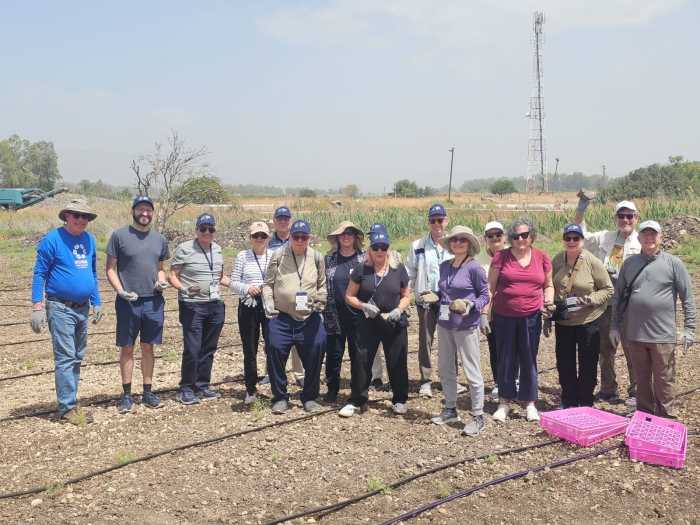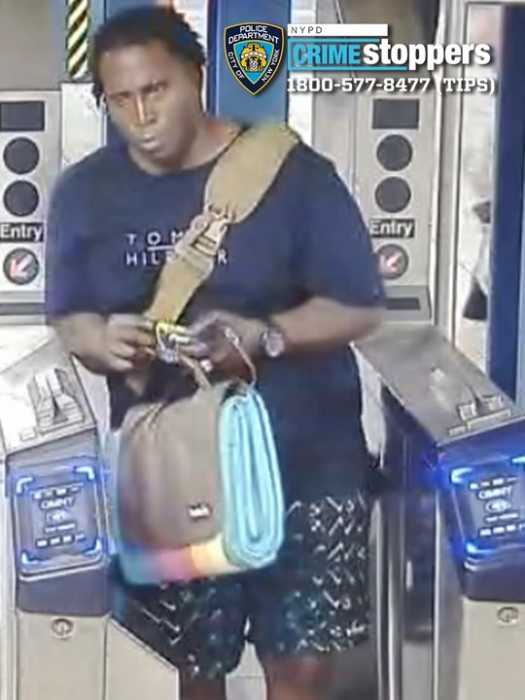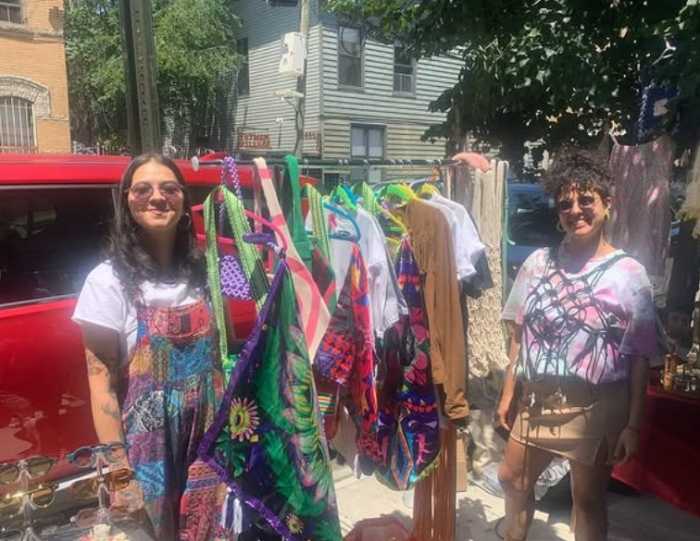By Courtney Dentch and Tien-Shun Lee
Brooklyn Councilman James Davis was killed Wednesday afternoon by one of the political hopefuls vying for his seat when gunshots rang out from the balcony of the City Council chambers in City Hall in a shoot-out that ended in the gunman's death, police said.
Davis, a 41-year-old Democrat from Fort Greene who earned a reputation as a maverick in the City Council, was shot about seven times in the torso by Othniel Boaz Askew in the balcony of the City Council chambers in City Hall just after 2 p.m. Wednesday, Police Commissioner Raymond Kelly told an early evening news conference.
Askew, 31, one of three people who filed papers to run in this fall's primary election, died from wounds to the chest and arms. Kelly said as Askew pointed his gun at the balcony floor, he was shot by a policeman who was standing below on the Council floor. It was still unclear whether Askew may have died from self-inflicted injuries, the commissioner said.
“Oh, my god. I spoke to him a minute before this happened,” said Councilman Peter Vallone Jr. (D-Astoria) when he heard that Davis had been killed, saying his Brooklyn colleague had been his usual “happy-go-lucky self” before the shooting. “He made the usual joke that he had with me. Oh, my god, poor James.”
Mayor Michael Bloomberg, who was inside City Hall at the time and escaped injury, at first issued a statement saying a City Council aide had been shot as well as Davis. Later in the day he said the victim believed to be the aide was in fact Askew.
Davis, a former police officer, was talking to a constituent in the balcony as the Council was preparing to start a packed meeting about 2:08 p.m. Wednesday, Kelly said.
“Where this took place, in the City Council chambers, strikes at the very essence of democracy,” said Bloomberg.
The Council had completed the ceremonial portion of the meeting, honoring groups of Muslim women, senior citizen athletes and Puerto Rican children, and was about to move on to the business agenda when at least five to 10 shots were fired in the balcony, said Councilman Tony Avella (D-Bayside).
“The shots rang out so loud you couldn't hear anything,” Avella said. “If you can imagine a huge firecracker going off, and then you realize it's a gun going off 20 feet from you and somebody is obviously being shot at.”
Davis had been in the balcony talking to a constituent before the shooting, Councilman Leroy Comrie (D-St. Albans) said.
“When I looked up, I saw a person approaching another person with a gun and shooting at someone down in the aisle,” Comrie said. “They were not shooting randomly into the chambers or in the balcony.”
Davis was rushed to Beekman Downtown Hospital after the shooting, but later died, police said.
Kelly said a silver 40-caliber Smith & Wesson semi-automatic had been found at the scene and Askew had ammunition stuffed in his sock.
The shooting left Davis' colleagues in the Council shaken and angry.
“It's a harrowing experience to be in a chamber that is in the safest building and to hear 10 gunshots,” said Councilman Hiram Monserrate (D-Corona). “In seconds we went from doing the functions of government to fending for our lives.”
Traffic was stopped on the Brooklyn and Manhattan bridges and the FDR Drive as officers searched for the gunman after the shooting, police said. Subway routes were also diverted around the City Hall stations, police said.
Davis was chairman of the Juvenile Justice Committee and sat on several other committees, including public safety.
After deciding to become a police officer when two white officers accused him of stealing his mother's car, he began his law enforcement career as a corrections officer at Rikers Island. Then he moved on to the Police Department in 1993, and as a city cop Davis trained his colleagues in racial and ethnic sensitivity.
“As an African American I do not always feel welcome when walking into a police precinct,” Davis told Gotham Gazette, which is put out by a voters' advocacy group. “This is true even though I am a former police officer.”
In 1991 he founded an anti-violence non-profit organization called “Love Yourself, Stop the Violence,” which fought against realistic toy guns and violent music lyrics.
“He worked very hard to settle things non-violently,” Vallone said.
Davis, who was elected in 2001, voted against the 18.5 percent property tax increase in November, drawing the ire of Council Speaker Gifford Miller (D-Manhattan). In retribution for his vote, Davis was removed from his post on the Cultural Affairs Committee at the beginning of this year.
“He was considered a maverick as far as being a politician,” said David Weprin (D-Hollis). “He was very independent. He spoke his mind.”
Askew, who was believed to have served in the U.S. Air Force, filed with the Campaign Finance Board and the Board of Elections to run against Davis in the Sept. 9 Democratic primary election. Askew entered City Hall with Davis, who was waived through security because of his council position, Kelly said.
People entering City Hall must pass through metal detectors and security stations, but Council members and other officials such as the mayor were often allowed to bypass the system.
After the shootings, Bloomberg announced that effective immediately all people are required to be cleared by the police officers stationed at City Hall.
“If you don't go through the magnetometer, you're not going to get in – period,” Bloomberg said.
“We cannot allow this to go on – ever,” he said. “This is an attack on all Americans.”
The TimesLedger staff contributed to this story.
Reach reporter Courtney Dentch by e-mail at TimesLedger@aol.com, or by phone at 718-229-0300, Ext. 138.


































